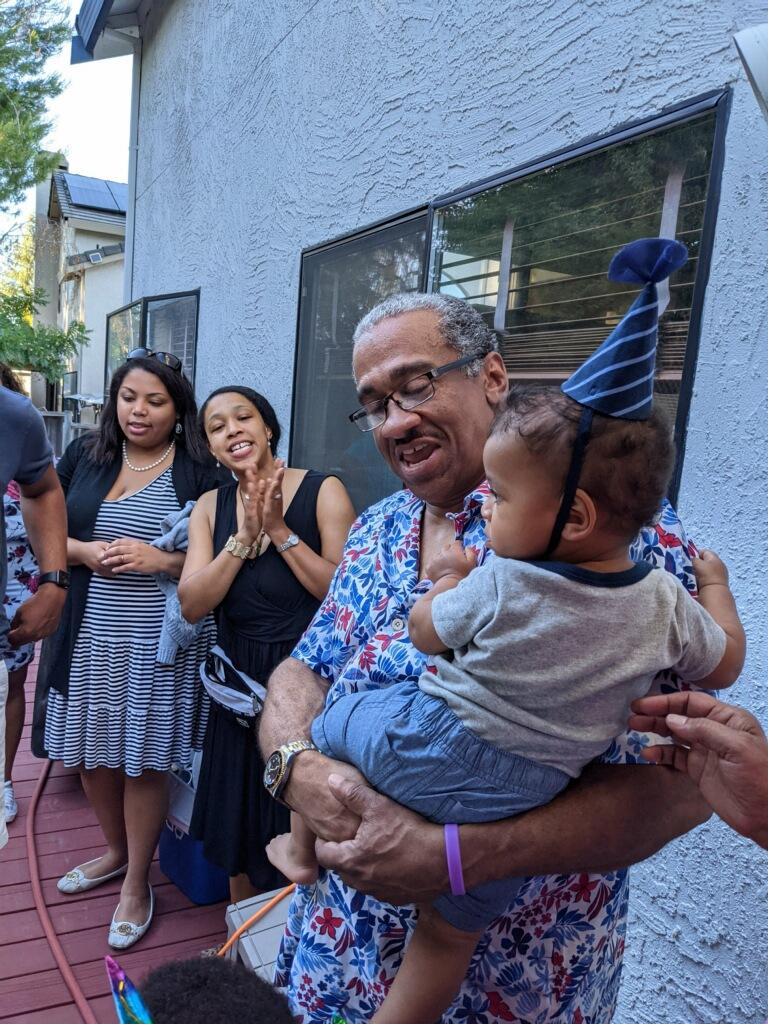Adoptee Voices: A Birth Family Reunion
“Go Forward,” Says Adult Adoptee Marvin Lynch, Reunited with His Birth Family After Decades
It was summer 2015, and for the first time 64-year-old, Marvin Lynch of Gaithersburg was about to meet his birth mother, who lived in Alabama. He didn’t have high hopes she’d recognize him: she was 86 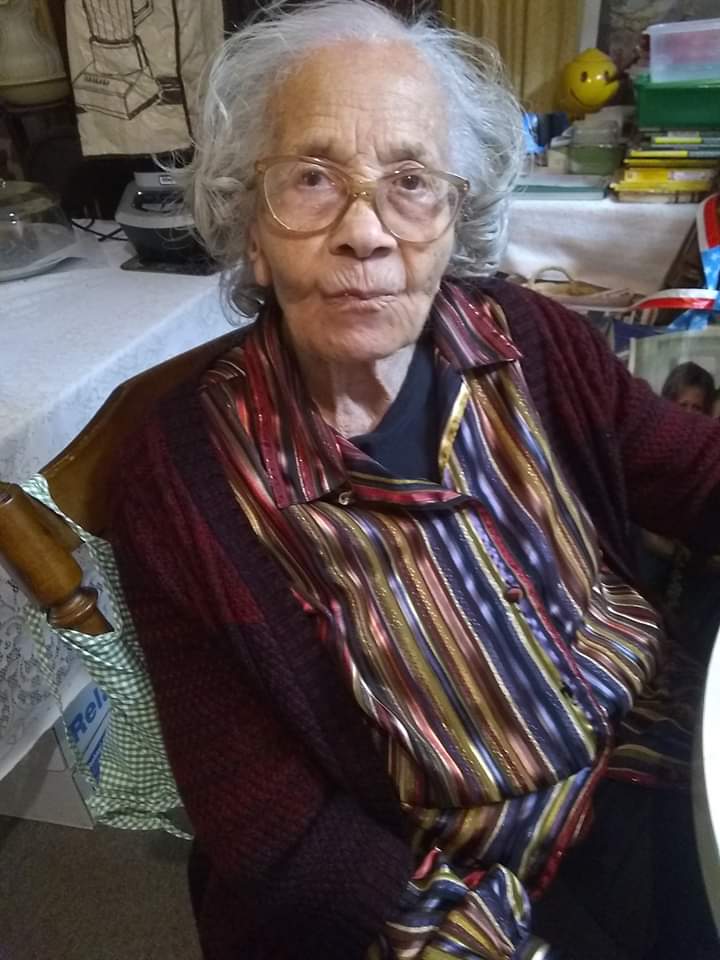 and suffering from dementia. Though she was still a wonderful, positive person, “she might not remember you,” he’d been told. Then came the moment he walked into the room. His birth mother took his hands. “I knew this day would finally come,” she said. “I love you, and Samuel [his late birth father] loved you too.”
and suffering from dementia. Though she was still a wonderful, positive person, “she might not remember you,” he’d been told. Then came the moment he walked into the room. His birth mother took his hands. “I knew this day would finally come,” she said. “I love you, and Samuel [his late birth father] loved you too.”
Born in Grand Rapids, Michigan, Marvin was adopted at the age of two by loving parents. When he was ten, they told him he’d been adopted. It didn’t matter much to him: he’d felt completely part of the family all his young life. “I was playing with a cousin on these old railroad tracks,” says Marvin. “And he blurts out, ‘Marv, you know you’re adopted? You know what else? You’re the best cousin I’ve got.’”
Fast forward 36 years to 1996, and Marvin now had a family of his own and was well into his career. His wife urged him to consider trying to find his birth parents. He agreed it was a good idea. His family doctor suggested he contact the Michigan Department of Social Services’ adoption agency. A week later, a social worker got back to him with the news that his birth parents were still alive. But they hadn’t given the agency permission for him to contact them. The agency also sent Marvin partial, non-identifying information describing his early years in an orphanage and a little about his family.
Marvin then decided to write his birth parents a letter, which he gave the agency to pass on to them. The gist of it was, “I’m your birth son, and I wanted you to know I’ve had a good life,” Marvin says. He didn’t have high hopes he’d hear back.
“Wow, this is really happening,” Marvin thought.
But he did. In 1999 he got a reply through one of the agency social workers--a letter from his birth parents, a photo of the two of them, and a few details of their lives and health history. “Wow, this is really happening,” Marvin thought. He appreciated that they’d gotten back, and he wanted to meet them. “You look exactly like him,” Marvin’s youngest son told him when he saw the photo of his birth father.
Marvin wanted to know more and started researching. His father had written that he’d become a pastor in a Protestant denomination, and his birth parents’ photo was taken in front of rows of books on shelves. Marvin looked up some of the titles and soon figured out that Samuel had been a pastor in the Reformed Church of America. He’d been a pioneer—one of only two African American students at the theological seminary he’d attended as a young man in Michigan. Later, the seminary would endow a scholarship in his name.
In 2007 he learned that Samuel had passed away. By this time, Marvin’s whole family was engaged in tracking down his birth family members. So his oldest son, a funeral director, found Samuel’s obituary, which listed the names of Marvin’s birth siblings and their grandchildren. One of Marvin’s daughters, whom he calls “very bold and adventuresome,” asked his permission to use Facebook to contact one of the granddaughters mentioned in the obituary. While planning a 2008 trip to the West Coast, where the granddaughter lived, Marvin’s daughter arranged to meet her. On that trip, she also met two of Marvin’s birth siblings—even before he did.
That contact led one of his birth siblings and her family to come to Maryland to meet Marvin in January 2009 for the first time. It was like meeting new people, says Marvin—but it was the beginning of a lasting reunion. His birth sister reflected on why her mother wouldn’t let her and her siblings make a big deal of her birthday. Now, meeting Marvin, she realized that Marvin and his birth mother’s birthdays were three days apart, so she surmised that might have been painful for her mother.
In the summer of 2015, Marvin took a trip to meet his birth mother. He also met the remaining two birth siblings—there were four altogether.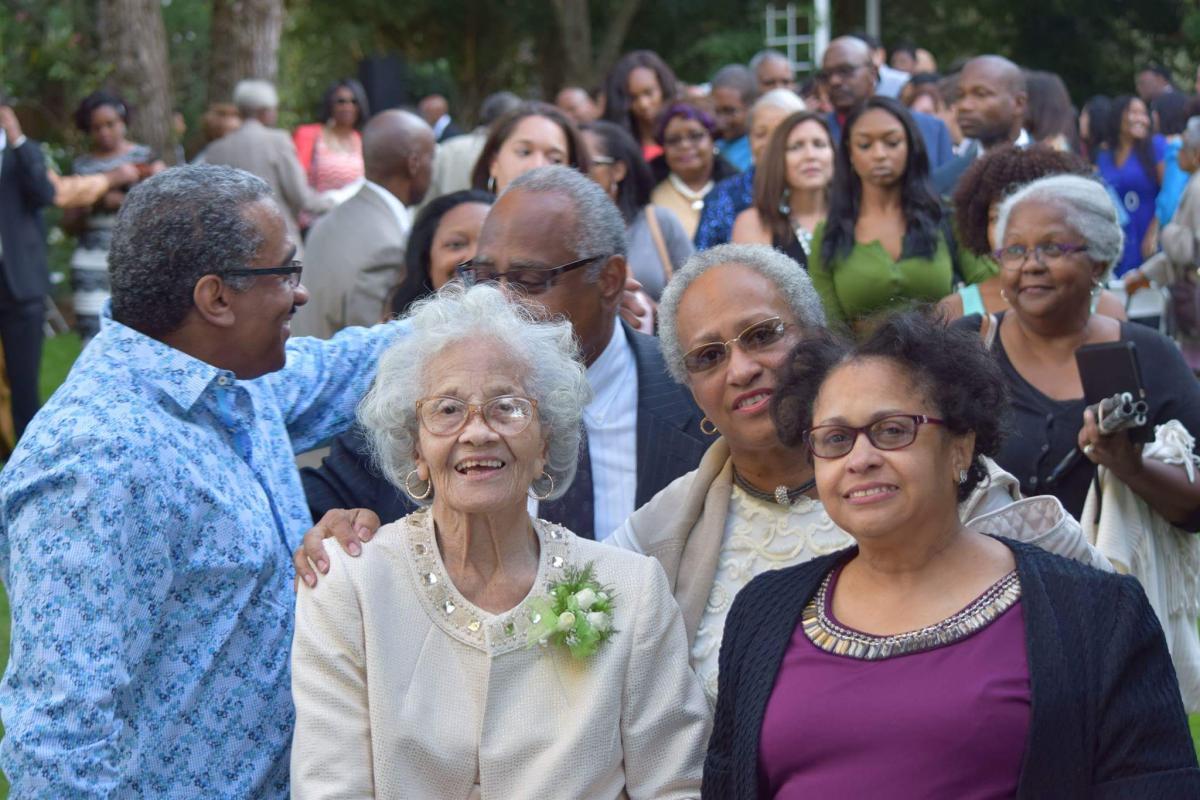 Today he thinks his birth parents were victims of societal pressures when he was born, under which unmarried girls and young women who had children were expected to give them up and move on with their lives.
Today he thinks his birth parents were victims of societal pressures when he was born, under which unmarried girls and young women who had children were expected to give them up and move on with their lives.
In 2016 he was invited to the wedding of one of his birth sister’s children—which would be the first formal involvement with his birth family. He hesitated to go: “I tend to not want to intrude,” he says. What helped him overcome that instinct was The Barker Adoption Foundation’s Adult Adoptees Discussion Group that he was part of. He says the group encouraged him to go, and he did a rewarding experience.
“No, she’s your mother too,” she said, reminding him he’s part of the family no matter the circumstances.
Today he communicates regularly with two of his four birth siblings: periodically, his birth sister texts him about how his mother is doing, and they exchange photos. “She’s taken it on herself to keep in touch,” he says. Once, when he and his other birth sister discussed Marvin’s mother, Marvin referred to her as “your mother.” She corrected him: “No, she’s your mother too,” she said, reminding him he’s part of the family no matter the circumstances.
Today he’s got advice for adult adoptees contemplating similar decisions about contacting their birth families. Though every situation is different, “I would say to folks do your best not to procrastinate,” he says. “Go forward.
“The journey,” he says, “just continues to unwind.”
Marvin and his family
Marvin and his birth sister Marcia Birth niece's wedding
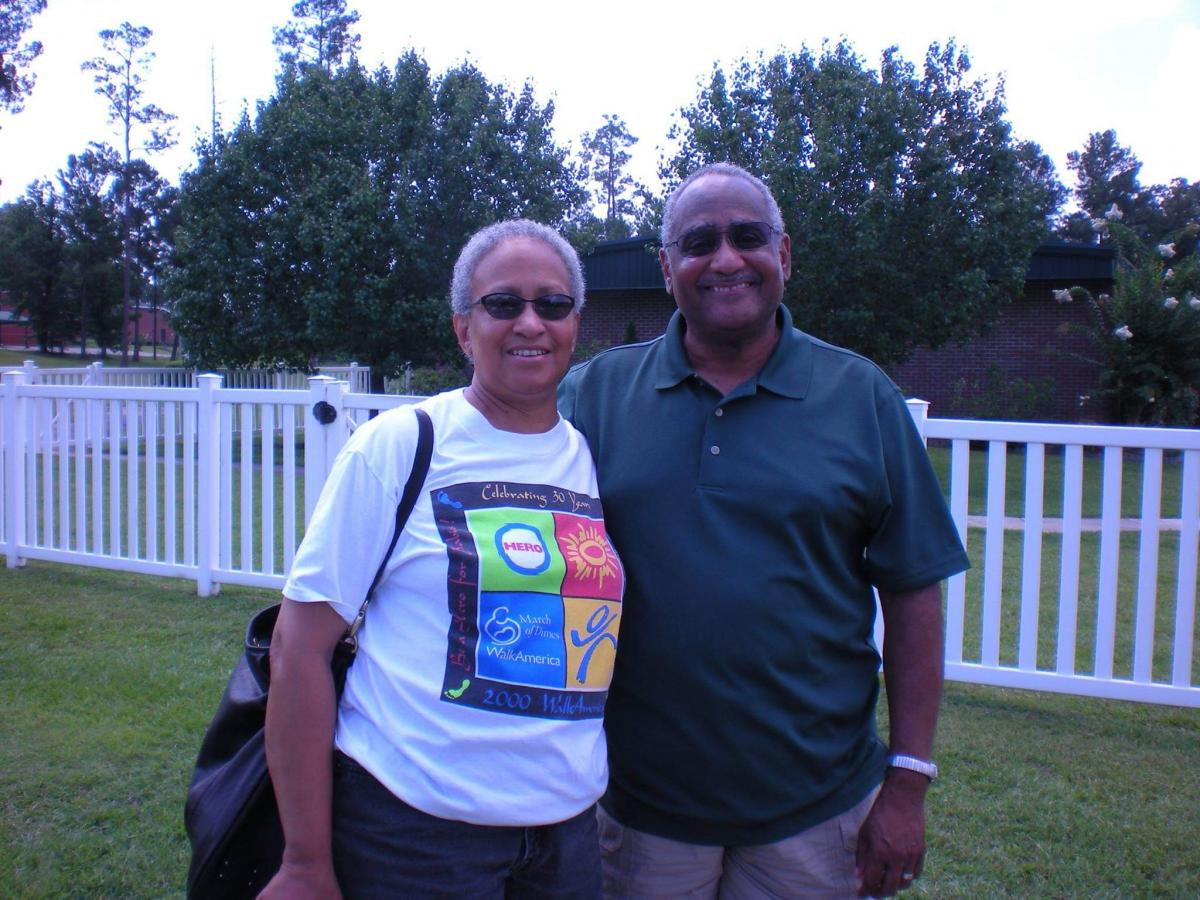
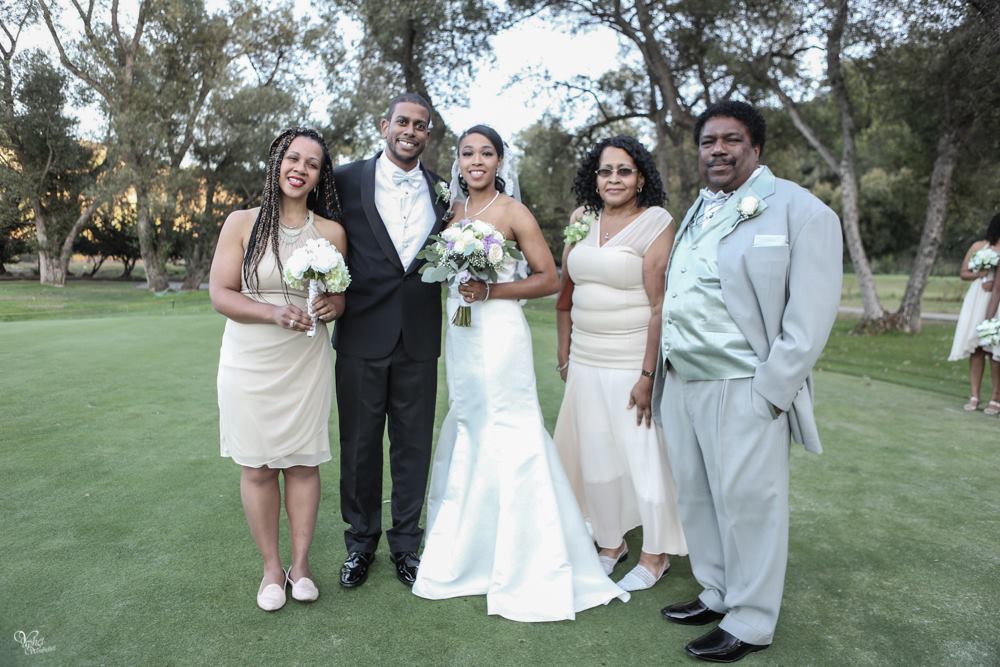
Birth brother and nephew
